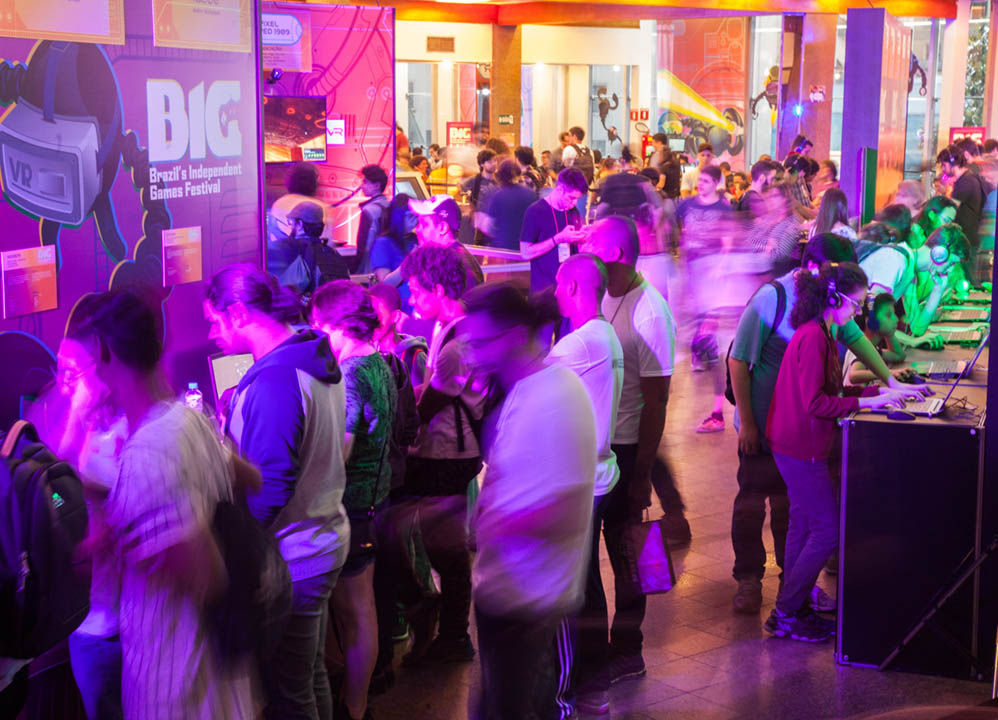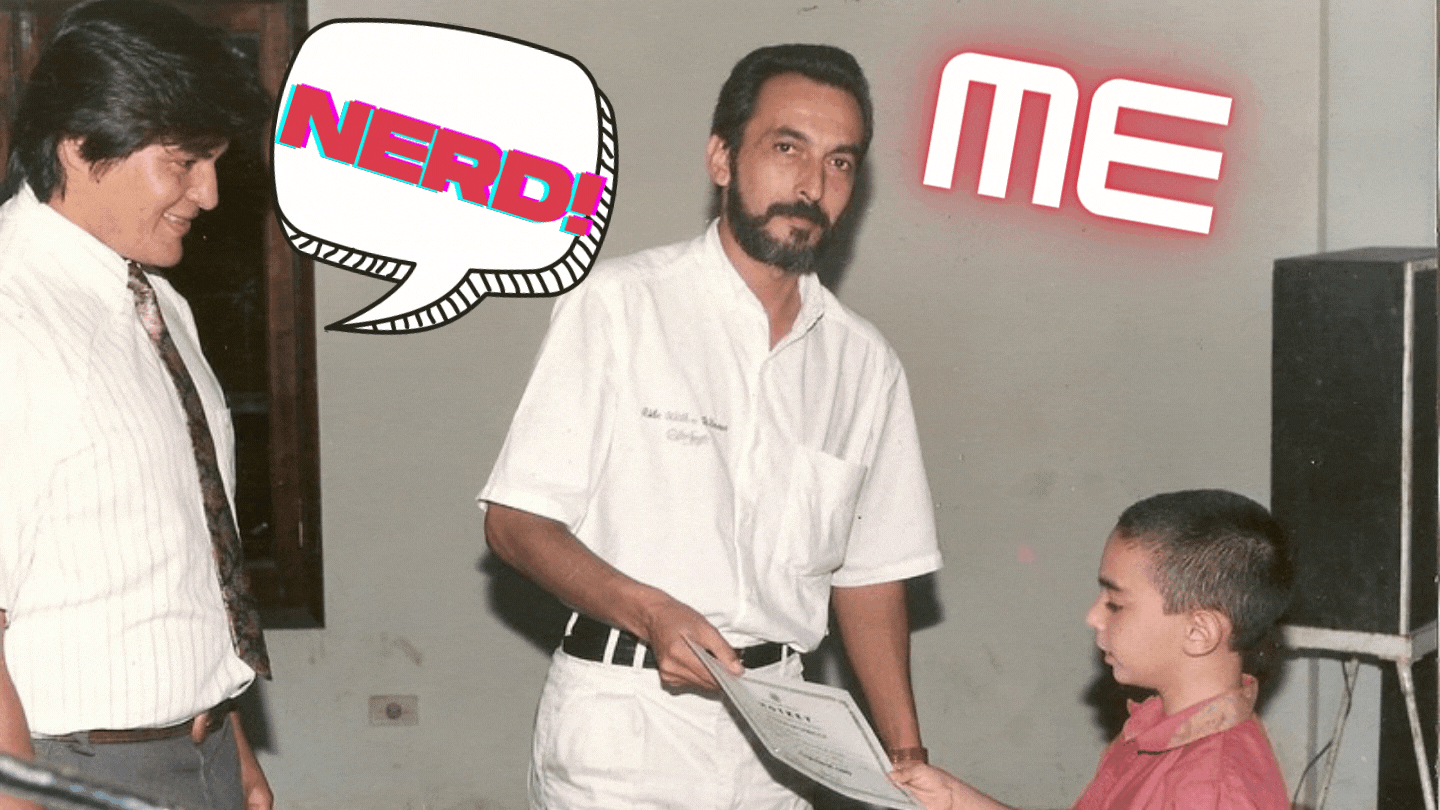
Publishing Games in South America Sucks (But it Doesn’t Need to)
The life of a video game developer is fraught with hardship. You can lose your job, or sink countless hours and funds into a game only for it to fail commercially. These are risks common to any new developer. In South America, however, developers face unique challenges which are not necessarily the same facing devs in the US or Europe. Aside from being a writer and game developer, I’m on the board of directors for the Paraguayan chapter of IGDA. The International Game Developers Association is great. I love being a part of it. But it also gives me heartbreaking insight into how and why publishing games in South America is way harder than it needs to be.
The Obvious: Money, Money, Money
I think the most obvious hardship we face in South America is a financial one. The rise of free game engines such as Unreal and Unity has lowered the barrier of entry for aspiring developers. But most of us live in precarious economic conditions. The minimum wage in Paraguay is around US$300. If I want a PC capable of developing a 3D video game, I need to spend around 3 months’ worth of minimum wages. I’ve spoken at length about inflation in South America, but the situation really is quite dire. Add to this the current state of the PC parts market, and you can double the figure above. The same figure can be applied to console development hardware. So you’re in it for about a year’s worth of hardware before you’re even able to submit a game for approval. How can a young developer justify spending 12 months’ worth of minimum wages on a PC? They cannot. But even if they did…
The Not-so-obvious: Education
The internet has decentralized learning to a large degree. This is why self-education is on the rise in countries around the continent. But this is not only an option for developers in Paraguay: it’s the only option. You see, there’s no post-secondary program focused on video games. No college, no university. In fact, it was only in the past 10 years that formal education for more established media (such as radio and film) has developed here. As for video games? At IGDA we’ve been trying to syphon a more formalized curriculum for specific things like Unity and Unreal development from international professionals. But it’s hard going. The language barrier also doesn’t help: most development resources are in English.

It’s tough going, but we’re making headway. However, we need to realize that game developers from Paraguay will enter into a highly competitive marketplace without the benefit of having received a formal education in their chosen profession. This is an immediate disadvantage against our peers from more developed nations. Yet another reason why publishing games in South America is hard. But even if we did get to make a cool game…
The Unexpected: Lack of Access to Console Development
This may surprise you if you’re not a gamedev, but if you want to publish your video game on a console (like PlayStation or Xbox), there are quite a few hoops you need to jump through. You’d think the first hurdle would be to get yourself approved as a console developer by the respective platform. In most countries, that is indeed the case. But for that to happen, the country needs to be certified by the platform holder (Sony, Microsoft, Nintendo, etc).
The certification process for a country varies by platform, but needless to say, it isn’t a walk in the park. It was only a couple of years ago that a Paraguayan video game was released on a console. Malavisión: The Origin was made by Waraní Studios, and in order to get a devkit, they had to fly to San Francisco (a US$1000+, 9hr+ trip each way). Sony would not ship the devkit to them, because they were Paraguayan. Paraguay remains uncertified for Xbox and Nintendo development (though we’re working hard to get certification finalized).
Publishing Games in South America is Way Harder than it Needs to Be – But It’s Changing
Sure, there are a lot of obstacles to overcome. But things are also slowly starting to change. We have no government grants for video game development, but private investors are starting to see the potential in the industry. Remote work has also helped to make video game development financially viable in Paraguay. There is an ever-growing list of resources available in Spanish, too. Entities like IGDA, and even companies like Unity and Epic Games (which makes the Unreal Engine), have programs to help game developers in emerging economies.
But the truth is that game development will remain an uphill battle for South American developers. We’re a long way away from playing on a level field. It’s tough. But so are we. Our developers are making unique, amazing experiences. They are telling stories nobody else can tell. So, it’s hard. But I’m very proud, and excited for what’s to come.




